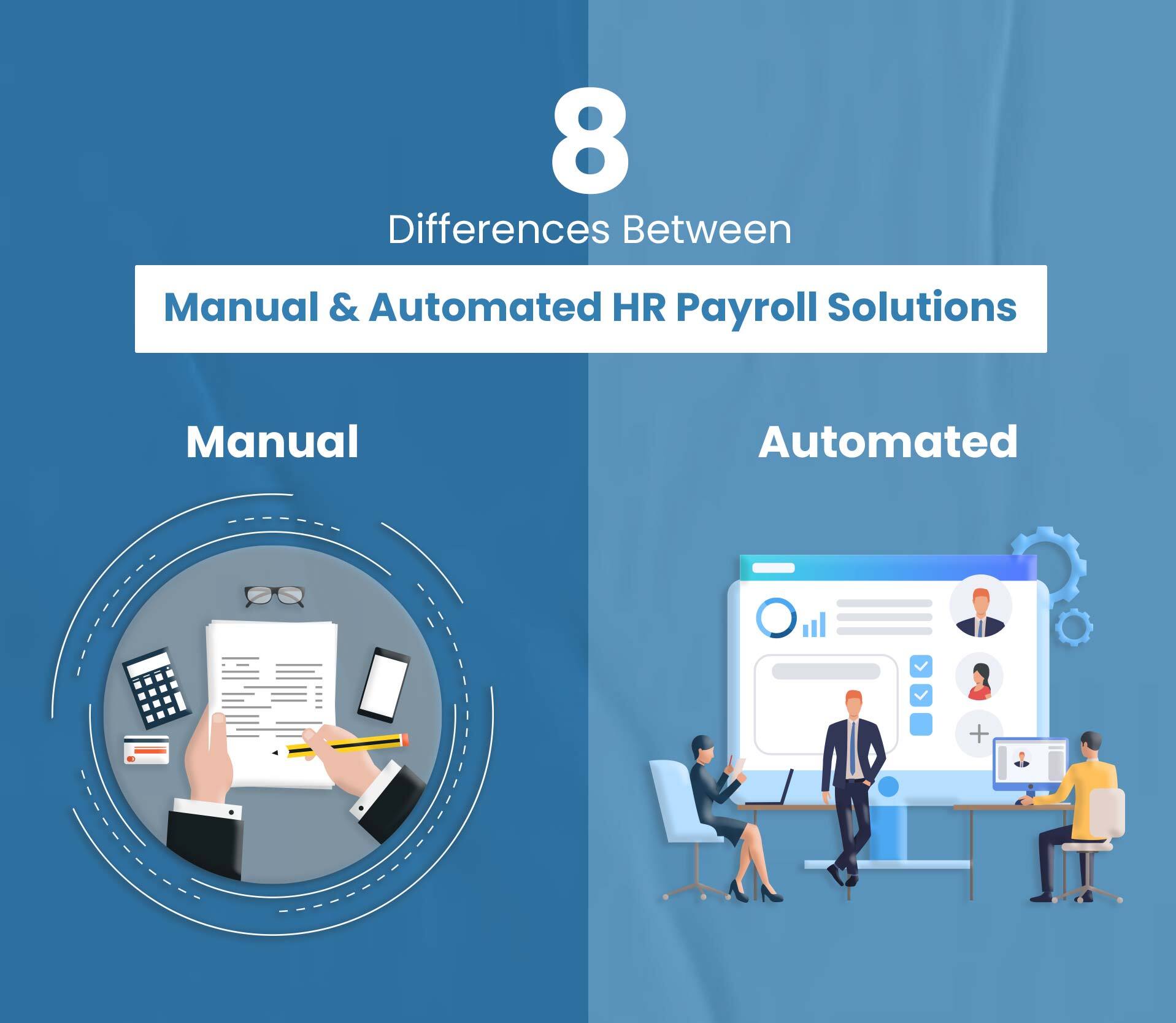Blog
Catch top stories, Stay updated with the trend
How to Make Sure Your Website is Secure From Hackers
According to Symantec, around 30,000 websites are hacked daily and over 64% of companies have experienced at least one form of malicious cyber-attack in 2020.
In this day and age, being vigilant and taking a proactive approach to cyber security can help you stay protected against these attacks. It's critical to understand that they do not only safeguard your financial position but your reputation from damage as well.
While we can't guarantee that this article will keep your website safe and secure permanently, we have included some general security suggestions that will make it more difficult to hack. Don’t procrastinate taking these simple steps to make your website more secure;
Install A Good Firewall
A firewall is a code that detects harmful requests and activities directed towards your website. The firewall acts as a router between your website and the information you click on it. In case, the firewall detects the malicious source of your IP address or any requests coming from then it results in the execution of your request.
Of course, no firewall is completely impenetrable or un-hackable. However, having a firewall that blocks most of the threats is preferable to having not having one at all.
Make Backups Online and Offline
With hackers, the first and foremost problem is data loss, to ensure you don't lose your data in the case of a catastrophic failure. Making backups is one of the most underrated acts you can employ to secure your website.
Make it a regular job to make backups. Make backups of the backup files and that too in multiple locations to maximize your control over it and minimize the threat of data loss.
Update Softwares Regularly
A report in 2019 found that a 67% increase in security breaches was observed over the last five years. It may seem very obvious, but keeping all software updated is critical to maintaining your website security. This also goes with the operating system and all the software that is installed on your website.
It is important to update your software, application, and site regularly to incorporate bug fixes. When website security flaws are discovered in software, hackers attempt to seek to abuse them.
Use Secure Passwords
As humans, we tend to make and use passwords that are personal and hence more predictable. Therefore, another way to secure your website is to ensure using more secure passwords. A combination of letters, numbers, and symbols are used to create strong passwords. Rare combinations are difficult to crack, and brute force techniques might take years to decrypt. Furthermore, the more complex and long a password is, the more difficult it is to crack. This can also be minimized by limiting log-in attempts, the lesser the attempts you allow, the lesser chances the hacker has to guess your password.
Use HTTPS and Install SSL
HTTPS (HyperText Transfer Protocol Secure) is a secure communication protocol that encrypts files and data transmitted between a website and a server. This means that any attempt to access data in transit will simply block the request and not show anything.
Similarly, The Secure Sockets Layer (SSL) certificate is a security standard that encrypts all communication between a website and its users. Installing one ensures that even if a hacker intercepts data from your website, they won't be able to decipher it.
Conclusion
By the time that you identify or find out that your security was breached, a good amount of time has already passed. It takes an average of 280 days to identify a breach, according to a study in 2020. When it comes to hacking your website, hackers always have a lot to gain. Aside from the financial damages, your visitors' data will be compromised, and they, too, will face the consequences of having their data stolen. Therefore, it is of supreme importance to secure your website for it to flourish and stay healthy.
Does My Small Business Need a Website
Key Benefits of Having a Mobile App for Your Business
How to Outsource Your Business Digital Marketing
Why Small Businesses Need Custom Software Development
Importance of Search Engine Optimization for Small Businesses
What Is CRM And ERP And How It Can Be Beneficial For Businesses
6 Most Important Digital Assets for E Commerce Business
7 Most Common Web Design Mistakes Small Businesses Make
See All
.jpg)


.jpg)
